e-con Systems offers NDAA-compliant cameras
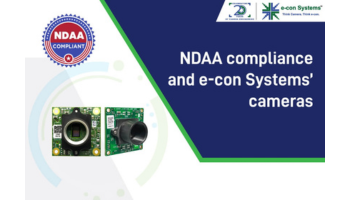
The NDAA’s provisions concerning surveillance equipment reflect a broader effort to secure technology infrastructure against threats that could undermine national security, economic stability, and the privacy of American citizens. By requiring compliance with the NDAA, the US government aims to ensure that its surveillance systems and those of its contractors and partners are free from vulnerabilities that adversaries could exploit. It also shows that organizations prioritize security, compliance, and operational efficiency.
What is NDAA? How does it impact embedded vision?
The National Defense Authorization Act (NDAA) is a set of federal laws enacted annually to specify the budget, expenditures, and policies of the US Department of Defense. A crucial aspect of NDAA, especially for the technology and security industries, is its stipulations regarding surveillance equipment.
As you may know, a prohibition on leveraging specific telecommunications/video surveillance services or equipment from companies within the People’s Republic of China was introduced by the John S. McCain National Defense Authorization Act for Fiscal Year 2019. These companies include Huawei Technologies, ZTE Corporation, Hytera Communications Corporation, Hangzhou Hikvision Technology Company, and Dahua Technology Company.
The goal is to prevent potential security risks by avoiding equipment that could be controlled by foreign governments, ensuring that these banned companies do not manufacture components or sub-components within security cameras or recorders.
Difference between “Made in the US” vs. “NDAA compliance”
The term “NDAA compliant” has become crucial as it indicates that applications like drones in the surveillance and defense industry are deemed safe for use by the US government. However, being “Made in the US” doesn’t automatically qualify them for government use. The focus is more on the manufacturer’s background, source of the components, and the technology utilized than the manufacturing location.
There’s also a push for alternatives that comply with these regulations, opening opportunities for manufacturers to meet compliance and ensure no components are sourced from covered entities. This also extends to enterprise-level drone buyers who are looking for US-made, compliant applications.
e-con Systems offers NDAA-compliant cameras
As you may already know, e-con Systems specializes in providing custom and off-the-shelf OEM camera solutions across retail, industrial, medical, and more. For over two decades, we have been offering high-quality camera solutions that cater to the regulatory needs of customers.
We are also proud to emphasize our strong commitment to research and development within India, along with our growing global presence. Our products are designed, developed, and manufactured/assembled in India, showcasing our dedication to embracing embedded vision innovation on a global scale.
Understanding the need for diversification in sourcing, we have strategically partnered with companies in Japan, Korea, the USA, and other countries to source critical components. It allows us to avoid reliance on Chinese companies, ensuring a more resilient supply chain.
Moreover, being an Indian supplier, e-con Systems presents an advantageous position in the global market with an alternate supply chain route outside of China. Hence, there is less reliance on China for components, thereby offering our customers peace of mind regarding the stability of the supply chain.
Our NDAA compliance focuses on the camera units themselves, not on passive components such as lenses, which might be sourced from various global suppliers. Our commitment is to the security and reliability of our camera systems, emphasizing that we provide compliant and high-quality solutions.
Of course, our team is ready to provide detailed information about our products and help you navigate the complexities of NDAA compliance, ensuring your peace of mind and the integrity of your operations.
Please get in touch with us at [email protected] to learn more about our NDAA-compliant cameras.


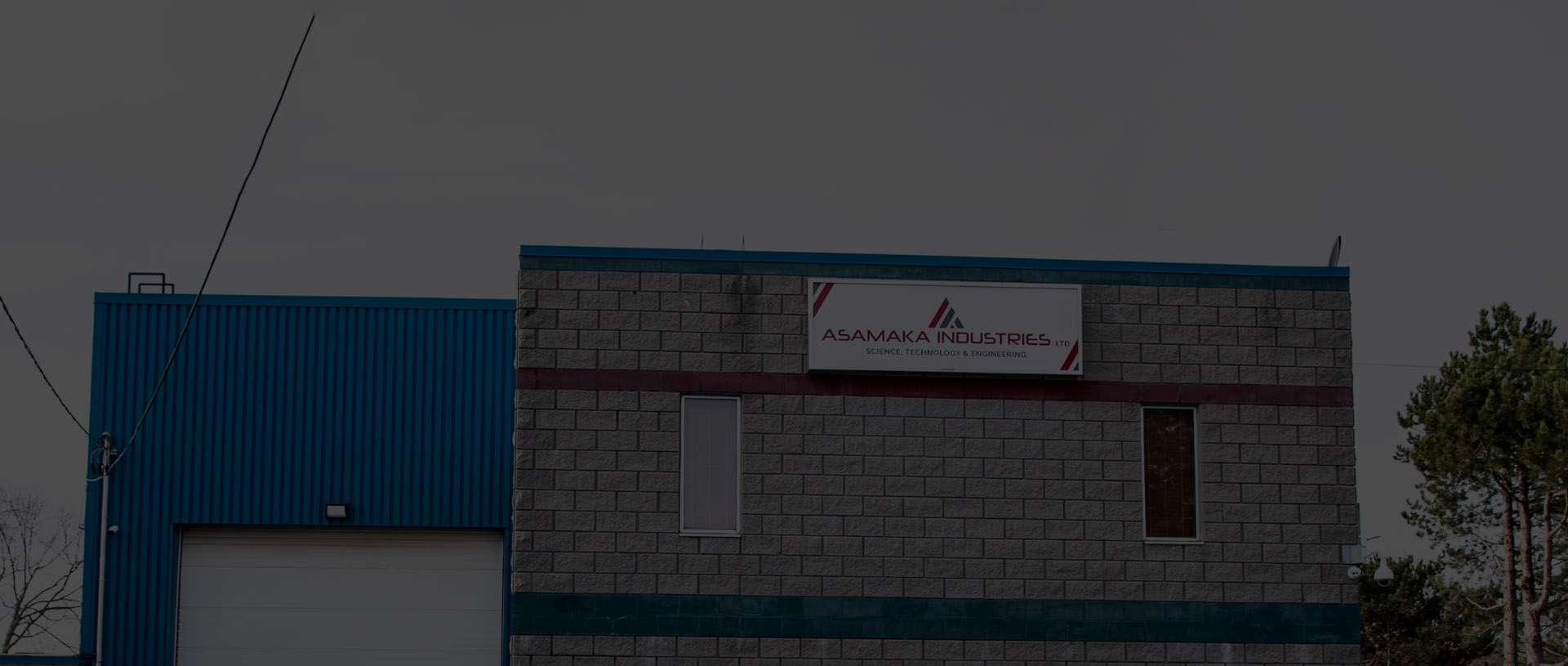

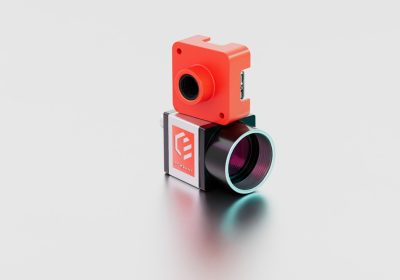
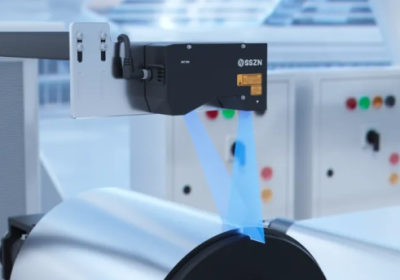
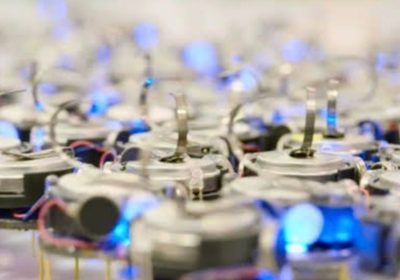
Leave a Reply